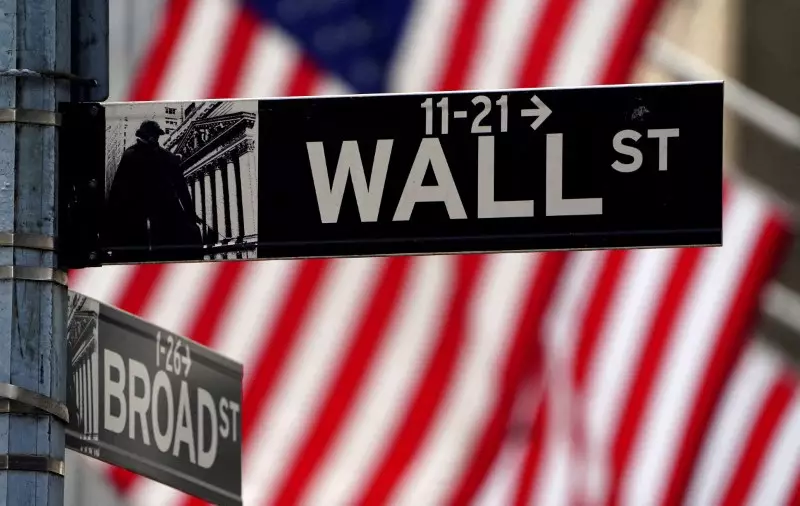In the wake of Donald Trump’s election victory, financial markets have experienced unprecedented highs, particularly with the S&P 500 skyrocketing to a landmark 6,000. Investors are now at a critical juncture, seeking to understand the relationship between inflation trends and the sustainability of this stock rally. The upcoming consumer price index (CPI) report will be pivotal in shaping market sentiment. Past data suggests a link between inflation levels and investor confidence, making it crucial for upcoming reports to reinforce or challenge prevailing assumptions about economic stability.
Economists have projected that the CPI for October will rise to a 2.6% annual rate. This increase—prompted by various factors, including Trump’s proposed tariffs—creates an interesting scenario for market observers. As inflation potentially heats up, investors must consider the Federal Reserve’s capacity to navigate this landscape without triggering adverse effects on the economy. With interest rates already set at 4.5%-4.75%, the prospect of a reduced, more accommodating rates strategy hinges on the inflation narrative unfolding from upcoming data.
The Federal Reserve’s recent decision to cut rates by 25 basis points was met with open arms by proponents of the stock market boom. However, as Art Hogan, chief strategist at B Riley Wealth aptly noted, the central bank’s commitment to continued rate cuts will face scrutiny if inflation data suggest otherwise. Historically, inflationary pressures can complicate monetary policy decisions, compelling the Fed to act conservatively in adjusting rates, particularly after a period marked by soaring consumer prices observed in 2022.
A consensus among financial experts indicates that the Fed’s target for a neutral funds rate sits around 3%. Still, projected adjustments in light of inflation risks will need to be navigated with caution. Michael Reynolds from Glenmede articulated that the Fed would likely refrain from reaching neutral rates, underscoring the persistent threat of inflation. This concern creates a distinctly cautious investment atmosphere, especially as market players seek accountability from the Fed.
The intricate relationship between political maneuvers and economic outcomes cannot be overstated. Trump’s aggressive economic policies, particularly surrounding tariffs and deregulation, are expected to uplift domestic companies but may consequently spur inflationary pressures. Investors are left grappling with uncertainty, as Jim Baird from Plante Moran noted. The ambiguity surrounding Trump’s tax and trade policies will undoubtedly become cornerstones in the Fed’s future calculations, affecting the trajectory of financial markets in unpredictable ways.
The immediate market response following Trump’s election demonstrated a discernible pattern of enthusiasm in so-called “Trump trades,” particularly within small-cap and financial sectors. These trends reveal investor optimism concerning the anticipated benefits of reduced regulations on smaller, domestic enterprises. The Russell 2000 index, a gauge for these companies, surged by 8% recently, indicating that businesses may rally in anticipation of favorable policies.
As the market rapidly adapts to the new political landscape, observers are keen to witness how Trump elaborates on his policy intentions and the implications these will have on market stability. The excitement around artificial intelligence and corporate profitability adds another layer to this delicate balancing act, as these factors intertwine with broader economic sentiment.
Despite the immediate sympathetic response of the stock market, the sustainability of this momentum will depend on several variables, including inflation, fiscal policies, and global economic climates. Analysts from UBS Global Wealth Management have pointed out that the markets are still digesting Trump’s victory, suggesting that further developments will evoke a more substantial transformation in investor behavior.
Navigating the stock market’s newfound heights will require acute attention to inflation trends, the Federal Reserve’s moves, and the unfolding political landscape. While current conditions demonstrate potential for growth, underlying uncertainties necessitate a cautious approach among investors. It remains to be seen whether the current rally is a lasting structure or a short-lived phenomenon in the complex web of economic indicators and political decisions.

